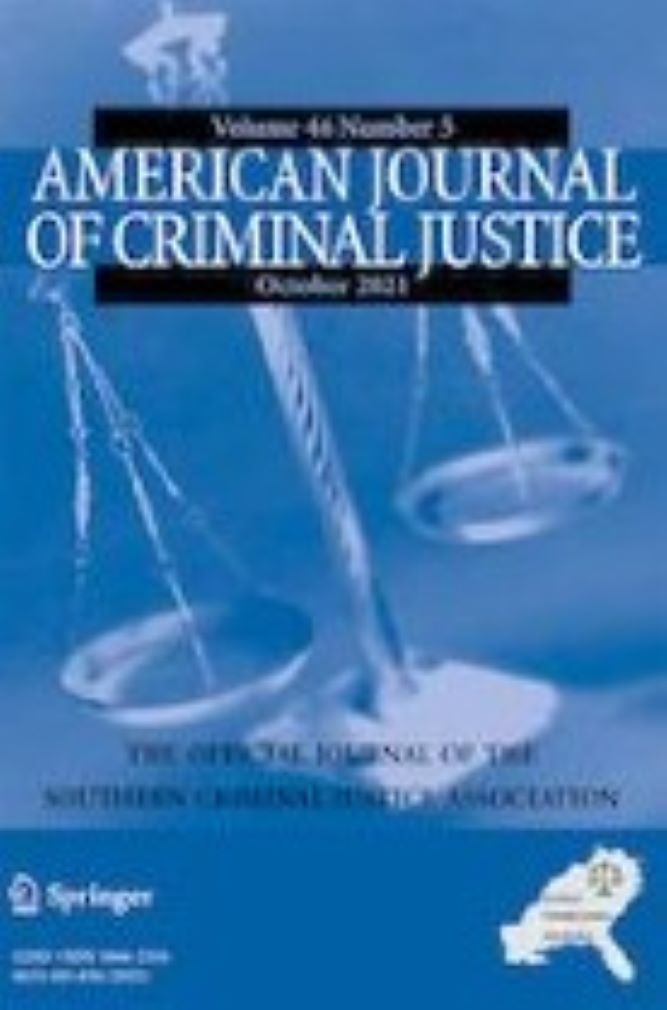Approximately 20% of offenders under community supervision in the United States are currently on parole. While parole board members possess a wide range of discretionary power, the factors influencing this decision-making process have yet to be fully explored. Previous research has generally examined factors that influence time to release on parole or parole disposition (i.e. granted or denied) as the primary discretionary decision outcomes for parole boards. In contrast, few studies have examined the parole revocation process. Using data from the Texas Department of Criminal Justice, the current study addresses this limitation by examining the legal and extralegal factors that influence the decision to revoke parole status. Special attention is given to the role of race/ethnicity in the decision to terminate parole agreements. Findings suggest that race/ethnicity significantly influences parole revocation outcomes.

 The College of Arts
The College of Arts